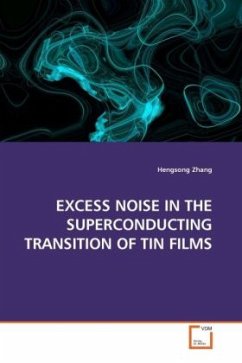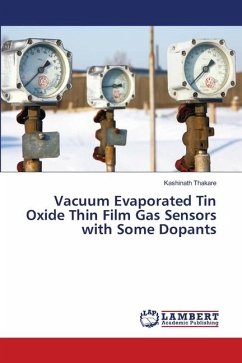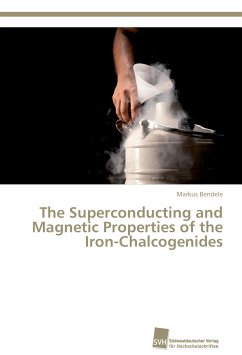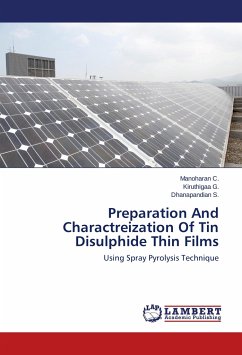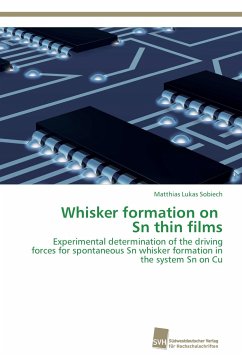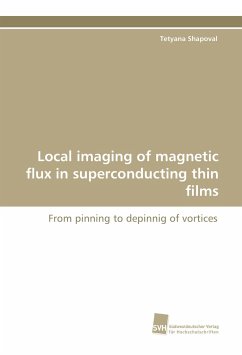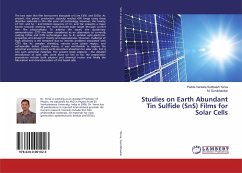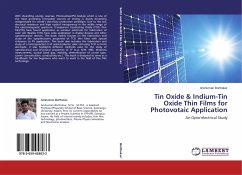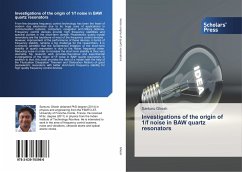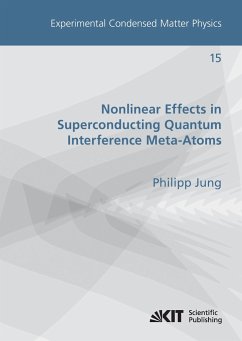
Excess Noise In The Superconducting Transition Of Tin Films
Versandkostenfrei!
Versandfertig in 6-10 Tagen
40,99 €
inkl. MwSt.

PAYBACK Punkte
20 °P sammeln!
The I-V characteristics of Tin films in the superconducting transition have been measured when ac current is applied. The experimental results suggest that the electrical response in ac is not satisfied with the I-V equation in dc. A new equation is suggested to describe the vortex motion and the vortex pair separation in the two dimensional superconducting transition with ac current, which is satisfied with our experimental results. The excess noises of Tin films in the superconducting transition have been found to depend strongly on temperature and ac current. An empirical expression of volt...
The I-V characteristics of Tin films in the superconducting transition have been measured when ac current is applied. The experimental results suggest that the electrical response in ac is not satisfied with the I-V equation in dc. A new equation is suggested to describe the vortex motion and the vortex pair separation in the two dimensional superconducting transition with ac current, which is satisfied with our experimental results. The excess noises of Tin films in the superconducting transition have been found to depend strongly on temperature and ac current. An empirical expression of voltage noise density in term of resistance has been used to fit the data. The difference of excess noises between ac and dc can be explained by the fluctuation of vortex pair separation process which dominates the noise generation in ac. I-V characteristics and voltage noises are measured simultaneously to reveal the nature of the excess noise. The coincidence of the excess noise and the third harmonic voltage suggests that the fluctuation of vortex pair separation process is one of the main contributions to the excess noise in the two dimensional superconducting transition.



